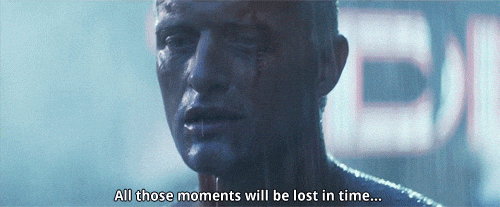The iconic science fiction film, "Blade Runner," released in 1982, has had a profound impact on our perception of technology. Directed by Ridley Scott and based on Philip K. Dick's novel Do Androids Dream of Electric Sheep?, the movie explores themes such as artificial intelligence, human nature, and what it means to be alive.
One significant aspect of Blade Runner that has influenced our view of technology is its portrayal of advanced AI systems. The film introduces us to replicants - bioengineered humans with enhanced abilities who are indistinguishable from real people. This concept challenges the idea of what it means to be human and raises questions about the ethics surrounding artificial intelligence development.
Another impactful element in Blade Runner is its futuristic setting, which showcases a dystopian vision of Los Angeles filled with neon lights, towering skyscrapers, and flying cars. This visual representation has inspired many architects, designers, and urban planners to think about how technology can shape our cities in the future.
In conclusion, "Blade Runner" serves as a cautionary tale that highlights both the potential benefits and dangers of technological advancements. Its influence on popular culture continues to resonate today, shaping discussions around AI ethics, urban planning, and our relationship with technology.
